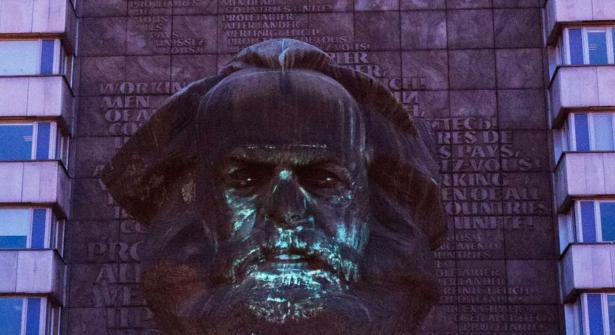The Pain We Still Need to Feel
Slate

The new lynching memorial confronts the racial terrorism that corrupted America—and still does.


You heard about all the offensive things Michele Wolf said. But you should really hear them yourself.
Seth takes a closer look at Rudy Giuliani telling everyone in an interview that the president lied about paying hush money to a porn star.
In an alternate present-day version of Oakland, black telemarketer Cassius Green discovers a magical key to professional success - which propels him into a macabre universe.
A self explanatory parody about, well, stuff everybody knows.
Stephen Colbert recuses himself from commenting on Michelle Wolf's jokes because he's never performed at the White House Correspondents Dinner. But you know who has? Stephen Colbert.



Spread the word